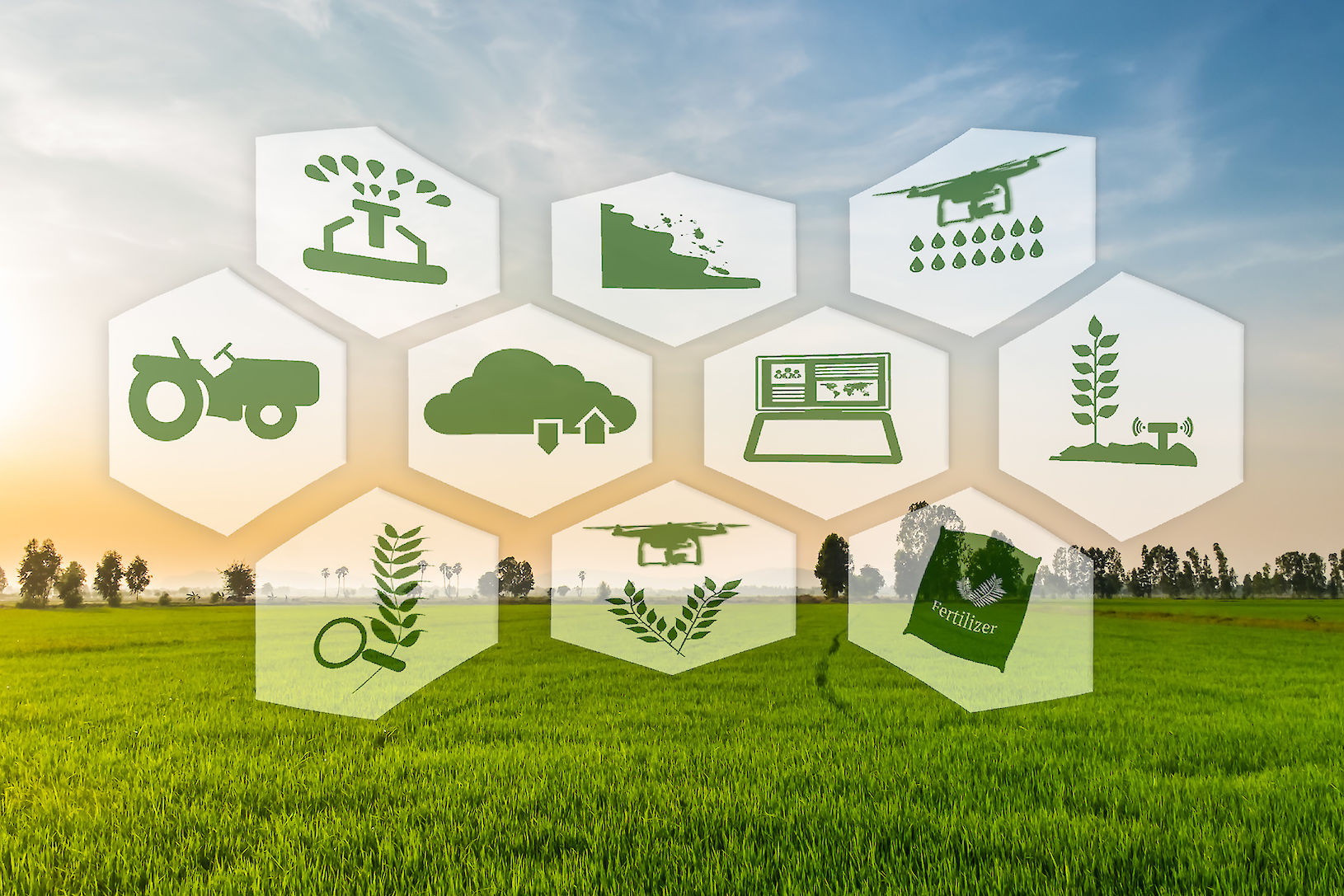Improving small holder agriculture: The 2SCALE example
I once had a profound discussion with a professor of Agricultural Extension who has become a very respected mentor of mine and with whom we worked on some projects. I had asked him of programmes in the country that focused on delivering agricultural extension as well as inputs or any other offerings to smallholder farmers in […]

I once had a profound discussion with a professor of Agricultural Extension who has become a very respected mentor of mine and with whom we worked on some projects. I had asked him of programmes in the country that focused on delivering agricultural extension as well as inputs or any other offerings to smallholder farmers in Nigeria. He talked in detail about a particular project called 2SCALE that sparked my interest.
The Sorghum and Millet in the Sahel (SMS) as it was called at inception, was implemented between 2016 and 2018 with Nestle as off-taker. It was managed by the private sector and funded by the Bill & Melinda Gates Foundation with the IFDC as sub-grantee across Burkina Faso, Mali and Nigeria. The project goals were to increase the productivity and revenue of 1,168 smallholder farmers in the sorghum value chain, better integration 8,242 smallholder farmers, access smallholder data, building on the system to measure impact, boosting gender specific capacity and maintaining strong link between actors. The project also allowed the opportunity to evaluate cooperatives and train them in areas such as Good Agricultural Practices (GAPs).
The SMS project was successful in Nigeria across Kaduna, Kano, Katsina and Jigawa states due to IFDC’s investment in farmer mobilisation and training. Therefore, SMS pivoted to the 2SCALE programme managed by IFDC in partnership with Nestle to procure high quality sorghum yield from Nigerian smallholders. 2SCALE was sponsored by the Dutch Government with a one-year extension for 2018 and later given a five-year extension from 2019. Under 2SCALE, smallholder farmers receive loans which they have an option to pay back using the produce harvested. Seeds are supplied by the International Crops Research Institute for the Semi-Arid Tropics (ICRISAT), while fertilisers, herbicides and pesticides are supplied by the OCP Group. The programme also features a risk monitoring solution for smallholders and farmer education featuring interactive learning.
This project was so successful that, according to IFDC, the first project phase concluded in December 2018, have met or exceeded every major target. 2SCALE has reached 627,422 farmers (36 per cent of whom were women), 2,535 producer organisations and 1,891 agribusiness enterprises, mostly small local firms, many of which are headed by women. Also, as a result of training and linkages through 2SCALE, farmer groups and businesses were able to obtain loans of more than $2 million in 2018 for working capital, input purchases, and equipment.
In the course of our discussion, I looked at the Professor and remarked about exceptional results recorded by the project and how as a nation we failed to sustain, replicate and scale up such initiatives. He mentioned that 2SCALE is still ongoing and growing, although still IFDC funded and operated across many African countries.
Discussions and case studies like this give me further confidence that it is indeed possible to develop transformative programmes that delivered on the promises of increased yields, improved key actor connectivity, and improved livelihoods of our smallholder farmers. With the billions of Naira sank into agriculture by our public sector, the results should be substantially more than what we see, especially when we compare with these often cross-country projects by international development institutions.
I read on the 2SCALE website that it is ‘the largest incubator for inclusive agribusiness in Africa’. For the interested, 2SCALE is an incubator programme that manages a portfolio of public-private partnerships (PPPs) for inclusive business in agri-food sectors and industries. 2SCALE offers a range of support services to its business champions (SMEs and farmer groups) and partners, enabling them to produce, transform and supply quality food products. These products go to local and regional markets, including to base of the pyramid consumers. Within the last decade, 2SCALE has impacted significantly on smallholder agriculture and agribusiness not only in Nigeria but across sub-Saharan Africa. The targets were ambitious, but they have been met or exceeded, thanks to the commitment from farmers, other grassroots actors and the private sector.
It is a no brainer that improving the livelihoods of smallholder farmers can be achieved by improving productivity gains. Improving productivity can also be fostered by the use of improved technology which includes improved seeds, fertilisers/agrochemicals, post-harvest and processing services, access to information and proper investment.
Smallholders perhaps need to be able to access a product or service that is comprising input, extension and markets including finance for the bet results. Why then do our businesses and government initiatives fail to deliver beyond one or two components of this ultimate farmer requirement?
